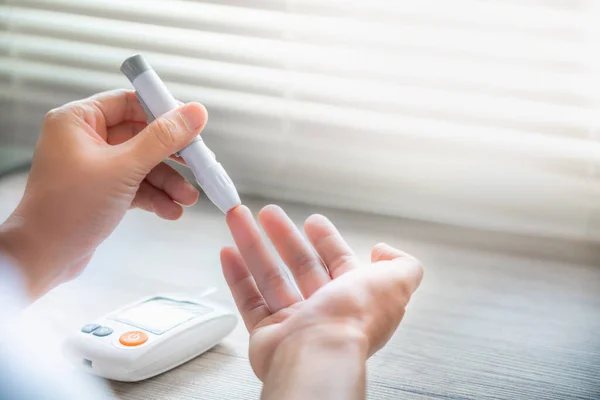Heart disease is a serious condition that affects millions of people around the world. It is a leading cause of death and disability, and can significantly impact a person’s quality of life. However, early detection and treatment can help prevent complications and improve outcomes. Regular check-ups and monitoring are essential for the early detection of heart disease.
What is Heart Disease?

Heart disease refers to a range of conditions that affect the heart and blood vessels. This includes coronary artery disease, heart failure, arrhythmias, and valvular heart disease. These conditions can be caused by a variety of factors, including high blood pressure, high cholesterol, smoking, obesity, and a sedentary lifestyle.
The Importance of Early Detection
Early detection of heart disease is critical to preventing complications and improving outcomes. When heart disease is detected early, treatment can be initiated to slow or stop the progression of the disease. This can help prevent heart attacks, strokes, and other serious complications.
Regular check-ups and monitoring are essential for the early detection of heart disease. During a check-up, your doctor will evaluate your risk factors for heart disease and perform a physical exam. They may also order blood tests, imaging tests, or other diagnostic tests to evaluate your heart health.
The Benefits of Regular Check-Ups and Monitoring

Regular check-ups and monitoring offer several benefits for the early detection of heart disease:
- Identify Risk Factors: During a check-up, your doctor will evaluate your risk factors for heart disease, such as high blood pressure, high cholesterol, and diabetes. By identifying these risk factors early, you can take steps to manage them and reduce your risk of developing heart disease.
- Monitor Heart Health: Regular monitoring of your heart health can help detect changes or abnormalities in your heart function. This can be done through imaging tests, such as an electrocardiogram (ECG) or echocardiogram, or through blood tests that measure cardiac biomarkers.
- Early Detection of Heart Disease: Regular check-ups and monitoring can help detect heart disease in its early stages, before it causes symptoms or complications. This allows for early treatment and management of the disease, which can improve outcomes and prevent complications.
- Prevent Complications: Early detection and treatment of heart disease can help prevent complications, such as heart attacks, strokes, and heart failure. By managing the disease early, you can reduce your risk of these serious complications.
Heart disease is a serious condition that requires early detection and treatment. Regular check-ups and monitoring are essential for the early detection of heart disease. By identifying risk factors, monitoring heart health, and detecting heart disease in its early stages, you can reduce your risk of complications and improve your outcomes.

